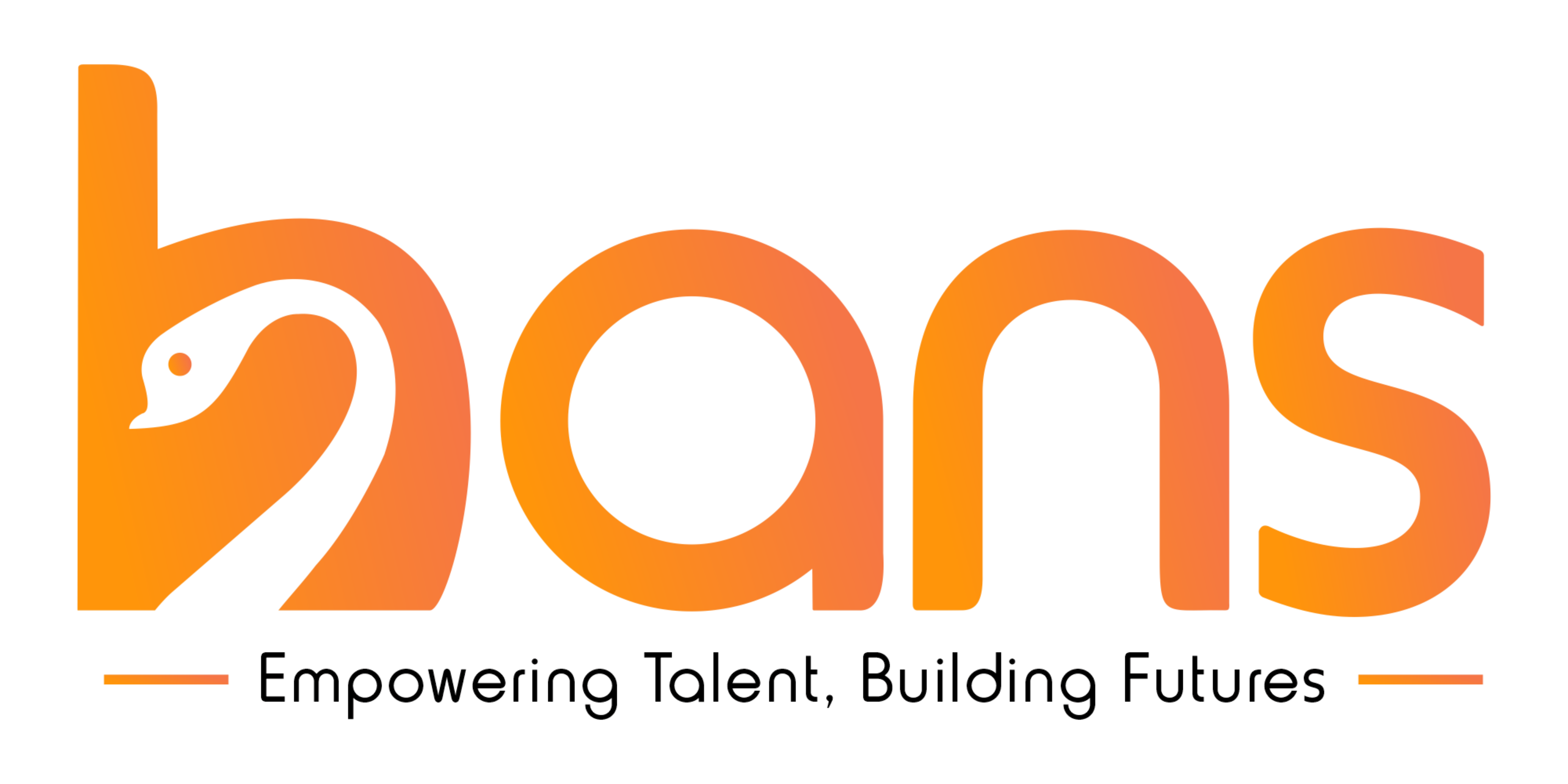“It takes far more energy to move someone from incompetence to mediocrity than to help a good performer become excellent.”
Startup founders—and yes, even established business owners—often fall into the trap of hiring the cheapest possible talent, hoping to “train them up.” Sounds economical, but ends up costing far more in time, money, and headaches.
Peter Drucker, in Managing Oneself, reminds us: focus on strengths. Yet many businesses waste precious resources trying to transform absolute beginners into average employees.
Lets understand Why
Let’s speak plainly. Running a business in a Tier-2 city like Jaipur, Indore, or Surat comes with daily chaos—clients chasing you, compliance work piling up, and vendors demanding payments. Amid all this, many business owners keep making the same costly mistake:
Hiring raw, inexperienced people and hoping to train them into average performers.
Peter Drucker, in Managing Oneself, talks about understanding strengths and playing to them. Yet business owners often forget this wisdom when tempted by lower salary costs. They think:
“Why pay ₹20,000 when I can hire someone for ₹12,000 and train them myself?”
The problem? Dragging someone from zero to average can drain you more than helping a good person become excellent.
How it looks
Let’s look at some real Indian business scenarios:
Scenario 1 — The Jewellery Manufacturer
A jewellery company in Jaipur hires a fresher as a CAD designer because he’s “cheap.” They think: “We’ll train him on our designs.” Six months later, he’s still struggling with software shortcuts and has no feel for creative patterns. Meanwhile, orders pile up, and deadlines slip.
Contrast this with hiring a designer who already knows CAD and has worked in another jewellery firm. Yes, they might cost ₹5,000 more per month. But in two weeks, they’re delivering usable designs, understanding the customer taste for the US market, and helping the firm hit deadlines.
Scenario 2 — The Textile Exporter
A textile exporter in Panipat hires an accountant who’s never seen an export document. They spend three months training him on packing lists, LC terms, and customs formalities. In the meantime, export shipments get delayed due to documentation errors. Lost orders, penalty charges from overseas buyers—and a reputation hit.
Instead, if they’d hired someone who’d handled even two years of export paperwork, the business could have avoided these losses. Training such a person to handle company-specific formats takes days—not months.
Scenario 3 — The Furniture Startup
A small furniture startup in Jodhpur hires a fresher for digital marketing because he’s willing to work for ₹10,000 a month. He’s enthusiastic, but he’s never run a Facebook ad. By the time he figures it out, they’ve wasted ₹50,000 on poorly targeted ads and still have no leads.
Meanwhile, another startup hires a person who’s already run small ad campaigns, understands keywords, and knows how to set budgets. Within a week, he’s generating inquiries—and saving marketing costs.
All these examples show one thing:
It’s like trying to teach someone who’s never seen water how to swim—while expecting them to compete in a relay next month.
Dragging incompetence up to mediocrity burns money, time, and owner sanity.
What Smart Businesses Should Do
So, what’s the smarter way forward? Here’s my practical advice for startup founders and business owners in Tier-2 cities:
Hire for basic skills first. Even if someone costs ₹5,000–₹10,000 more, they’ll start contributing faster. That’s cheaper than burning months training someone from scratch.
Don’t confuse “trainable” with “zero knowledge.” It’s easier to sharpen a blunt knife than to shape raw iron into a blade.
Test people practically during hiring. Don’t just look at CVs. Ask them to show how they’d handle your Excel report, draft a small export document, or design a quick social media post.
Invest in making your good people great. Upskilling an average performer to excellence is far faster—and cheaper—than dragging a beginner to mediocrity.
Understand your team’s strengths. Drucker’s mantra, “build on strength,” wasn’t written for big corporates alone. It’s crucial survival advice for small and mid-sized businesses.
Business is tough enough. Don’t add the burden of fixing incompetence to your already overloaded plate.
Remember: Mediocrity is expensive. Excellence, when chosen wisely, often costs less than you think.
So next time you’re tempted by a lower salary figure, ask yourself:
“Am I hiring someone I’ll have to drag uphill—or someone who can already run?”
That one decision can save—or sink—your business’s time, energy, and hard-earned money.


